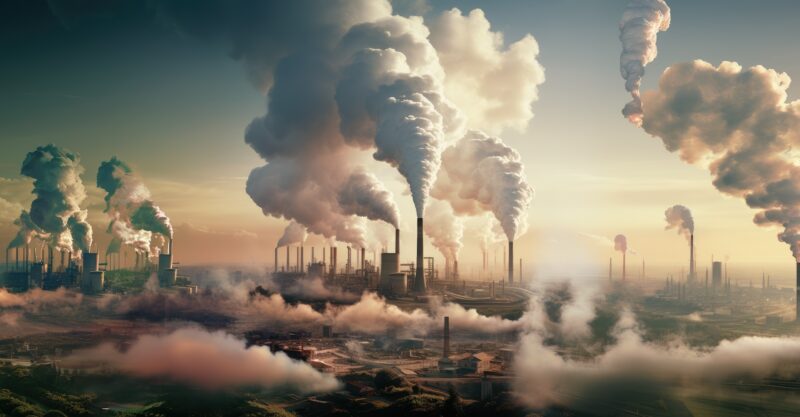A group of about twenty Moroccan, Tunisian, and Algerian journalists gathered in Tunis from December 2 to 5, 2024, for a regional workshop on the circular economy. Organized by the Network of African Journalists Specializing in Sustainable Development and Climate Change “Africa 21,” this event comes in the context of an urgent climate crisis. The depletion of natural resources, plastic pollution, and the urgency of an ecological transition were at the heart of the discussions, informed by experts sharing their vision of a new economic model.
### A Response to the Linear Economic Model
The traditional linear economic model – based on “extract, produce, consume, dispose” – has shown its limits. Meryam Barakety, technical communication advisor for the PAGECTE program of GIZ, reminds us that this system is responsible for 70% of global greenhouse gas emissions and 90% of biodiversity loss. The circular economy, on the other hand, offers an alternative by integrating the reuse and transformation of waste into new resources. “It’s not just a concept; it’s a necessity for our collective survival,” emphasizes Akrem Hadded, an expert in circular economy.
### The Maghreb, a Region on the Frontline
The transition to a circular economy is even more crucial for the Maghreb, a region particularly vulnerable to climate change. The experts present highlighted challenges such as water scarcity, decreasing arable land, and increasing pressure on natural resources. Proposed solutions include the development of renewable energies, the reuse of wastewater, and the promotion of climate-smart agriculture.
### Plastic, a Symbol of a Global Challenge
The issue of plastic, addressed by Chantal-Line Carpentier from the UN, illustrates the magnitude of the stakes. With 369 million tons traded in 2021, the plastic trade reflects a marked imbalance, with only 0.2% of these exchanges concerning recyclable plastic waste. This underscores the need for more sustainable and equitable resource management.
### Journalists, Catalysts for Change
Journalists play a key role in raising awareness and educating the public. Their mission goes beyond mere information: they simplify the complex concepts of the circular economy and highlight local and regional initiatives that are bearing fruit. Akrem Hadded insists, “The real challenge lies in changing mindsets, not in technology.”
### Towards an Inclusive Transition
The workshop also highlighted the importance of an inclusive approach. In Tunisia, the national climate resilience strategy integrates the reduction of social inequalities, coastal protection, and adaptation to the needs of vulnerable communities. Morocco, for its part, is recognized for its commitment to sustainable water resource management and the promotion of renewable energies.
### A Call to Action
Despite these efforts, obstacles remain: limited adoption of concepts by decision-makers, insufficient recycling capacities, and unclear institutional anchoring. However, the workshop concluded on a note of hope. Participants, aware of their crucial role, reaffirmed their commitment to supporting this ecological transition through engaged and informed media coverage. As Meryam Barakety stated, “The circular economy is our best chance to reconcile development and sustainability for future generations.”
With [LeMatin](https://lematin.ma/nation/les-journalistes-en-premiere-ligne-face-aux-defis-climatiques/254984)


